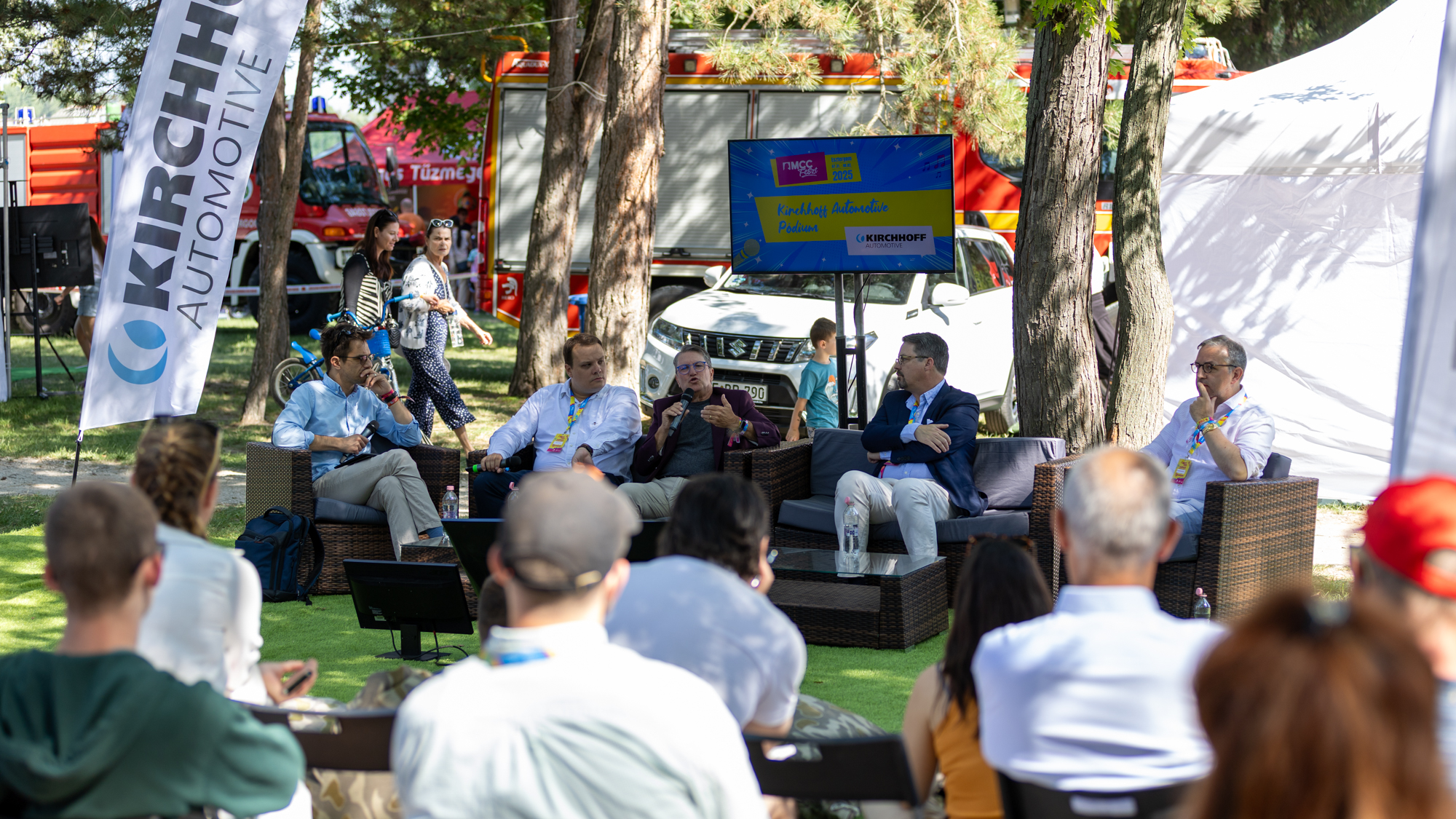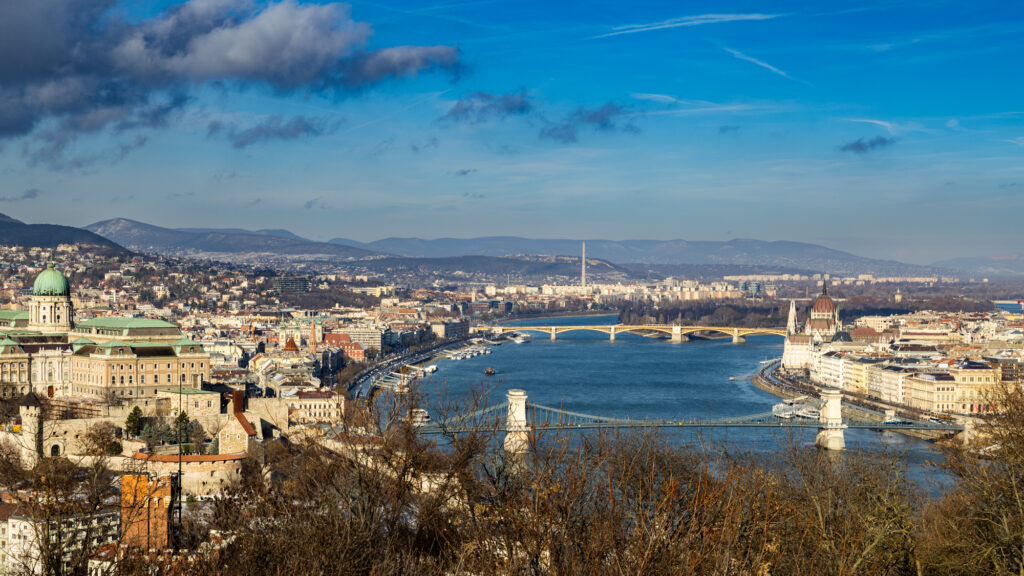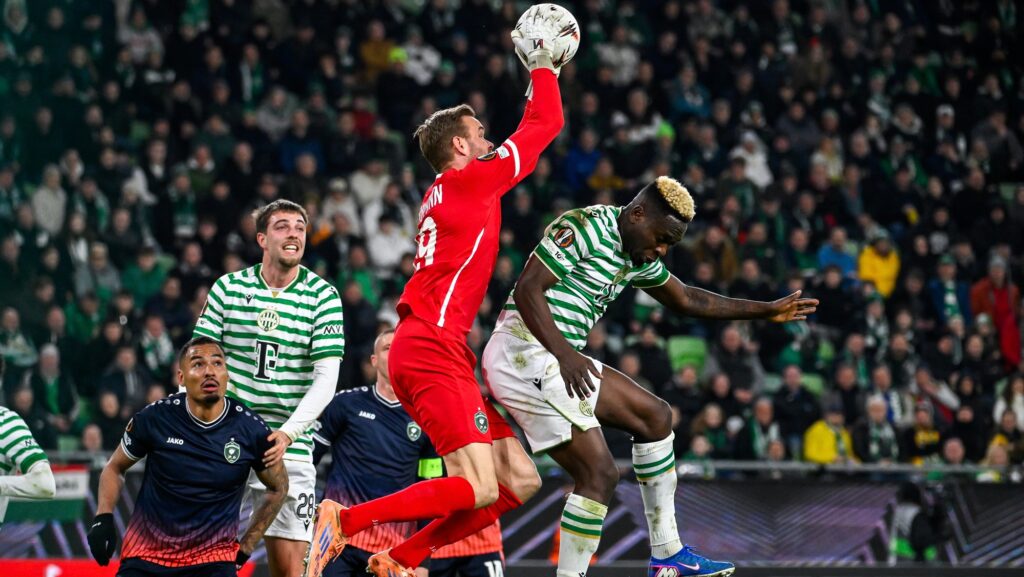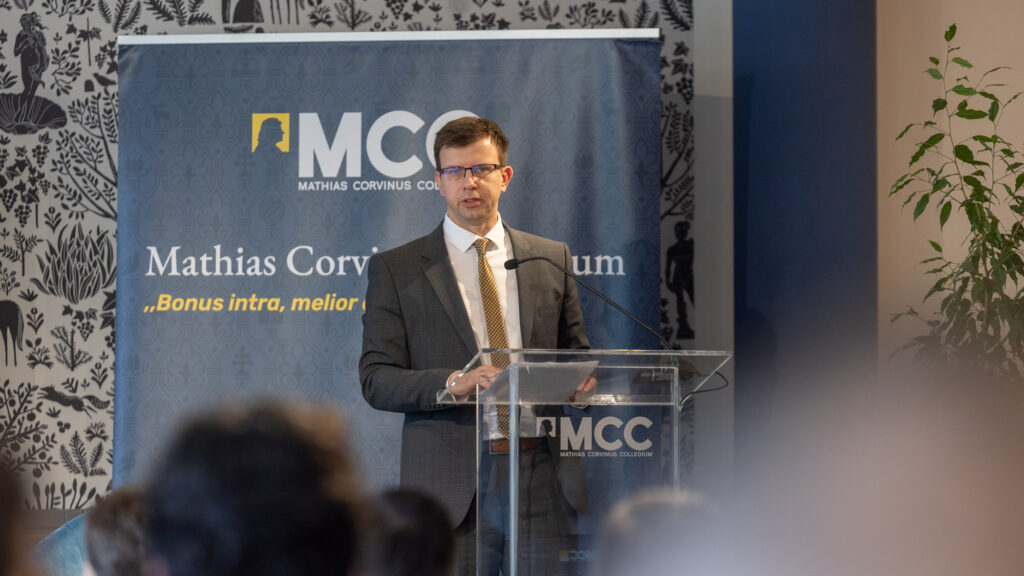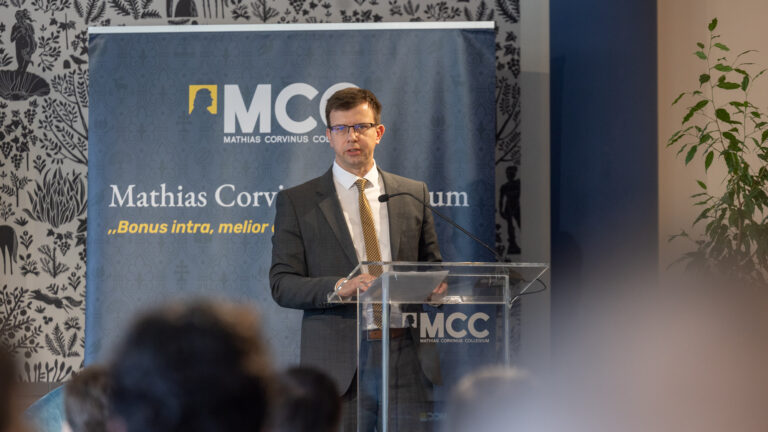A panel discussion on post-liberalism at the fifth MCC Feszt, featuring Patrick Deneen, Gladden Pappin, and Chad Pecknold, has come under fire from liberal thinkers on X. Critics including Thomas D Howes, James M Patterson, Phil Magness, and Matthew Sitman took aim at the panellists for their favourable views on Hungarian Prime Minister Viktor Orbán and his model of illiberal democracy.
‘Enjoy while it lasts. Orbán’s party is losing badly in polls,’ wrote Howes, a fellow at the Austrian Institute, a well-known classical liberal think tank. Patterson argued in his post that liberal democracy is doing just fine, and that there is no need to discuss what comes after it, as it is not about to collapse—contrary to the themes raised by the panellists in Esztergom. Jason Hart, a lesser-known classical liberal thinker, also criticized the panel’s admiration for Orbán’s policies, writing: ‘Gotta pack in as many of these conferences as possible before Orbán loses by double digits,’ in reference to recent polling showing the governing parties trailing the opposition ahead of the 2026 parliamentary election. Phil Magness, an economic historian at the Independent Institute, reposted our panel report with a counterpoint, claiming that post-liberals view parliamentary democracy merely as a tool for advancing a more authoritarian and theocratic agenda.
Thomas D. Howes on X (formerly Twitter): “Enjoy it while it lasts. Orban’s party is losing badly in the polls. https://t.co/a1THRrBFjR / X”
Enjoy it while it lasts. Orban’s party is losing badly in the polls. https://t.co/a1THRrBFjR
All of these critics are self-described classical liberals and staunch opponents of any political order not grounded in liberal principles. Patterson and Howes co-host a podcast titled Why Post-Liberalism Failed, and are currently co-authoring a book of the same name, soon to be published. Matthew Sitman, meanwhile, co-hosts the podcast Know Your Enemy, which is ‘dedicated to critically examining the personalities and ideas of the American right.’
In stark contrast to their worldview, Patrick Deneen—professor of political science at the University of Notre Dame—is one of the most prominent post-liberal thinkers. He is the author of several bestsellers, including his most recent work, Regime Change: Towards a Postliberal Future. Deneen argues that liberalism has, over time, evolved into a form of ‘false religion’. President of the Hungarian Institute of International Affairs (HIIA) Gladden Pappin and Chad Pecknold, professor of theology at The Catholic University of America, expressed similar views during the discussion. They asserted that ‘liberalism has collapsed under its own weight’ and that it has ‘fragmented families and pulled us away from God’.
Anti-Christ to Some, Inspiration to Others
Hungary under Viktor Orbán is widely seen as a model for post-liberal governance. The prime minister introduced the concept of ‘illiberal democracy’ in his landmark 2014 speech at Tusványos, stating: ‘…the new state we are constructing in Hungary is an illiberal state, a non-liberal state. It does not reject the fundamental principles of liberalism…but it does not make this ideology the central element of state organization.’ The speech drew sharp criticism from liberal circles across the West. Following his third consecutive parliamentary election victory in 2018, Orbán declared: ‘The era of liberal democracy is over…we are building a modern Christian democracy—illiberal, democratic, but irreducibly different.’
Patterson, Howes, Sitman, and Magness are vocal critics of Orbán’s approach, arguing that Hungary serves as a cautionary tale of what happens when liberal constraints are removed from popular governance. Their central concern is that illiberal democracy—democracy without liberalism—undermines institutions, destabilizes markets, and erodes pluralist civil society more than it strengthens conservative or nationalist values.
While progressive and liberal circles continue to frame Orbán and Hungary as a threat to liberal democracy, right-wing conservative and patriotic forces increasingly see the country as a model to emulate. US President Donald Trump mentioned Orbán more frequently than any other European leader during the 2024 campaign, while Vice President JD Vance consistently praises Hungary’s family policy as a blueprint for solving the demographic crisis facing Western nations.
During the panel at MCC Feszt, Deneen, Pappin, and Pecknold agreed that Hungary’s national-conservative government has played a vital role in building a bulwark against the liberal world order. They argued that it has demonstrated the value of investing in family support and border protection. Pecknold even suggested that Hungary’s family policy has influenced American conservatives to move away from a purely free-market approach to questions of family and fertility.
Related articles:

